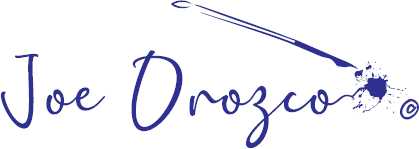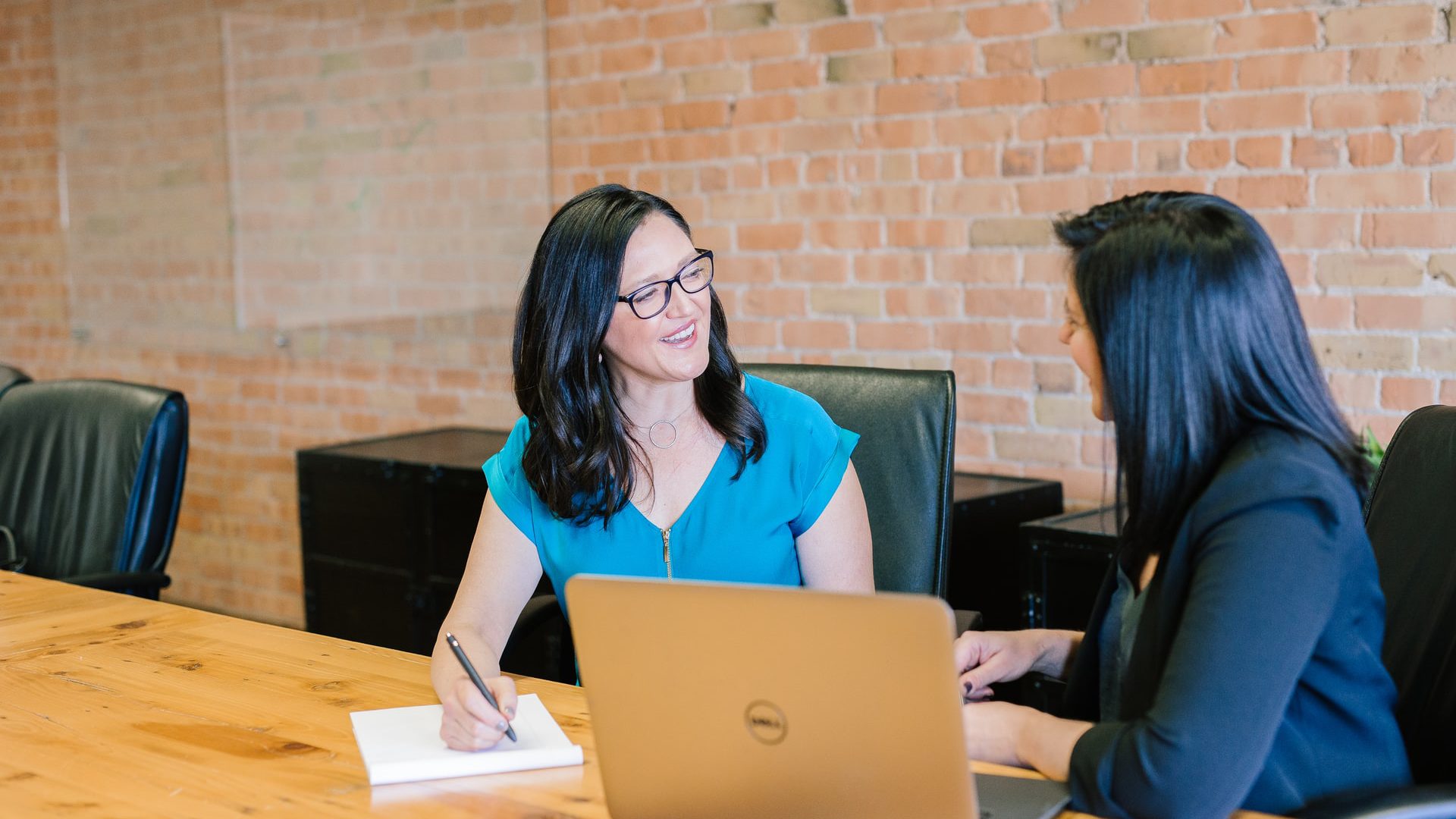The Best Interview Advice Ever
Congratulations on landing a job interview! Something in your cover letter and résumé caught the employer’s eye. They’re ready to meet you. Everything seems to be going in your favor, so now is not the time for your brain to get in the way of what could be your next step to securing the position.
I’ve made the rounds with job interviews. The employers were small and large, local and global. Some of the interviews were conducted in rooms no bigger than closets with just one person doing the drilling. Other interviews were conducted in elegantly appointed conference rooms with a panel of five people conducting what felt more like interrogations. Some of the interviews led to second and third interviews. Other times I knew in the first ten minutes that I would never be setting foot in their office after our meeting was finished.
I’ve lost count of the total number of job interviews I’ve sat through. However, I’ve experienced three sets of job searches. Looking back, I’ve discovered a common characteristic that distinguished the successful interviews from the interviews that went nowhere.
Before I give you the not so secret sauce, remember that while you may have made the first cut with a successful application, you are not out of the woods yet. It is imperative for you to:
- Ask yourself if you are applying for a job you are excited for and able to carry out;
- Call in advance if you need to verify the correct spelling and pronunciation of your interview panel;
- Research the company or organization so you can pose intelligent questions;
- Make a good impression by dressing well;
- Limit your responses to what they ask (do not ramble);
- Ponder at least three situations from which you can draw to give examples of accomplishment, conflict resolution, leadership, etc.; and
- Follow up each interview with a sincere thank you note even if it is the second or third round;
Looking over that list, you might wonder what else a person could do to have a good interview. You may even be prompted to share some of your own tips, in which case I invite you to do so in the Comments, but the best interview advice, according to me, is the following:
Walk into the interview like you just don’t give a damn!
What?!
I know, the idea of not caring about a job interview seems counterintuitive. It runs contrary to the list I just gave you and everything else you’ve ever been told about putting your best foot forward, but whereas the traditional advice is good for building your foundation, my piece of advice will help that foundation work in your favor.
Not giving a damn does not mean being rude, arrogant, or passive. It means owning your strengths and weaknesses in an authentic manner and remembering that while this job would be great, it is not your only opportunity. We need to break out of the scarcity mentality that locks us into believing we are only good enough for certain jobs.
How much better would your dating experience had been if you both had just been yourselves?
It is human instinct to want to please other people. Sometimes in high pressure scenarios like job interviews we work hard to make others see the best of our value, but working hard to emphasize strengths means we give minimal attention to weaknesses. A weakness does not have to be a negative aspect if it is something you can confidently articulate, something you can improve through practice or training. You should never feel compelled to exaggerate an aspect of your professional background just to get a job. First, the employer may learn the truth if they do a comprehensive search of your past employment, and second, if you land the job under false pretenses you will start the job with unnecessary pressure to overcome your deficiencies.
Having sat on the other side of the interview table, I have witnessed firsthand the questions to which candidates attempt to give inflated answers. People say they are proficient with a computer application like Photoshop. Later it’s discovered that these folks have never even launched the application. Others come in claiming to have supervisory experience, but bossing around younger siblings does not count.
It’s sad for a candidate to claim they remain calm under pressure when they are clearly struggling to get past the interview.
When I tell you not to care, I am telling you to be comfortable with your current skill set, deficiencies and all. A job interview is as much an opportunity for the employer to find out if you are right for the job as it is for you to find out if the job is right for you.
Employers have a habit of listing qualifications that exclude a lot of great candidates. Remember the dating analogy? They do this, in part, because what they are putting forward is a wish list, not a realistic list of checkboxes a candidate must tick before taken seriously. That doesn’t mean a candidate who can darken all the bubbles won’t be competitive. It just means you should not count yourself out if you can’t meet every last expectation in the listing, because you will likely exhibit strengths the employer did not realize they wanted.
In the beginning of my professional life, my biggest weakness was rambling. I went out of my way to give multiple examples of what I did to achieve X, Y and Z in areas where I felt strongest. I tried too hard. I left those interviews feeling drained and uncertain about whether or not the job was a good fit, and in the end I did not get job offers from those interviews.
How did I come to the answer that’s worked for me? I wish I could tell you I had an epiphany. However, I think it was interview fatigue that eventually inspired me to relax and be myself, flaws and all. I slowly realized the employer would either pass me up for a more qualified candidate or find it worth their time to invest in my professional development. I found myself performing much better in the second job search round than the first, and the third round was ten times better than the second. You see, I knew it was important to sell myself, but there’s a difference between persuading someone that you’re good and giving someone the facts that help them come to that conclusion all on their own. This can be hard when it comes to interviewing with your dream employer, but having interviewed with, and having gotten a job with, my own dream employer using this mentality, I assure you the dream will stay sweet longer if you are completely candid with yourself and what you can offer.
My fourth job round, whenever that is, will probably be the best one yet. I’ve learned that a job interview should be approached like a conversation rather than a one-sided interrogation. If a question occurs to me in the middle of the interview, I’m going to find a good place to pose it rather than wait until the end. I will speak openly of those things of which I have little or no experience.
In that spirit, if I get that dumb question about whether I work better on my own or in a team, I’m going to calmly confess I only work well in teams where I am the leader. 🙂
Hey, what do I have to lose?
To my interview veterans, what advice would you add? To the recent, or soon to be, high school or college grad, what questions are still burning in the back of your mind?



